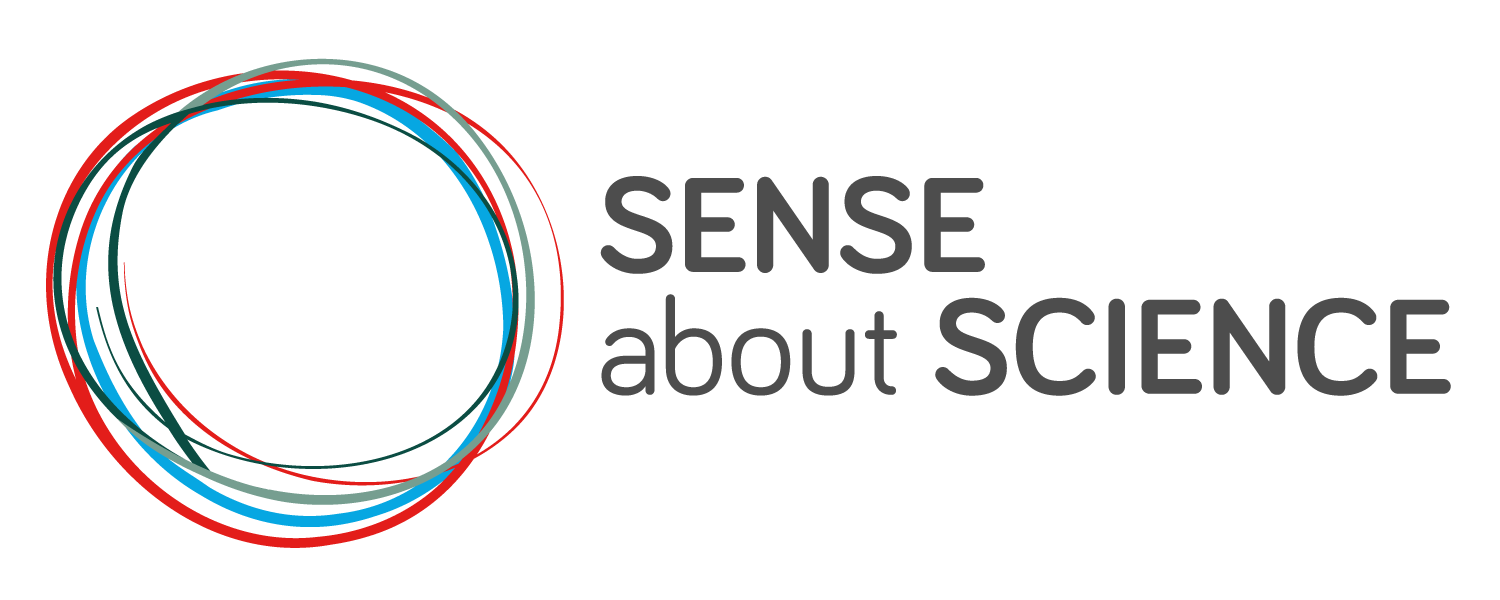We use cookies to help provide you with the best experience using our website.
If you're happy to accept cookies, continue to browse our site or click 'x' and we'll close this message.
Learn more
Context is crucial
“Lack of sleep linked with depression”
“Divorce linked to smoking”
“Mother’s diet linked to childhood obesity”
Do these types of headlines look familiar to you? Newspapers, health websites and adverts for the latest ‘super foods’ regularly claim that a new ‘link’ has been discovered. But it’s important to look a little deeper when you see these sorts of headlines because with these ‘link’ stories, context is crucial.
The problem is that the word ‘link’ implies causation and assuming a ‘link’ is causal can lead you to the wrong conclusion. For example, a ‘link’ between sleeping with the light on and shortsightedness in young children made people think leaving a night light on makes you shortsighted. It turns out that the parents of shortsighted children are more likely to be shortsighted themselves (since shortsightedness is partly genetic), and this also means they are more likely to leave the light on in their children’s rooms. So night lights don’t cause shortsightedness. It is instead shortsightedness in parents that leads to both shortsightedness in their children and a night light being used.
It’s important to look at the context of a correlation to find out whether there really is a causal ‘link’. Try keeping in mind the principle that “correlation does not imply causation” to help weigh up whether a ‘link’ story is credible.
The dose makes the poison
It is becoming common knowledge that red wine and grapes contain a chemical called resveratrol which is ‘linked’ to longevity and cancer prevention. So will drinking lots of red wine make you live into your 90s and never get cancer? Unfortunately it probably won’t.
There’s some evidence from animal tests and experiments on cells grown in the lab that resveratrol may have an anti-cancer effect, but very little is known about its effects in humans. And many of the studies showing this anti-cancer effect have used doses (PDF) of resveratrol that are far higher than the dose you could get in your diet. So drinking red wine will never be an effective way to prevent cancer.
Resveratrol is also marketed as an ‘anti-aging elixir’ in beauty products. Dr Cat Ball from the Biochemical Society decided to ask for evidence behind one of these products. She was sent a study which found that a resveratrol-containing solution increased lifespan – in mice, with the caveat that the researchers weren’t sure whether it was the resveratrol that was actually causing the effect.
Dose is just one part of the context behind a ‘link’ story. If you live in the UK and sit in the sun for just 10 minutes each day, your chances of developing skin cancer will be much lower than someone living in Australia who sunbathes daily for hours. And surely it’s obvious that putting a product containing a specific ingredient on your skin won't have the same effect as eating something with that ingredient? Unfortunately this is an assumption we see all too often. Mathilde Thomas, founder of beauty brand Caudalie, advised in a Daily Mirror article that you should eat grapes because they are “full of antioxidants, which help to give you really beautiful skin”. I asked Caudalie for evidence, and they got back to me explaining how antioxidants act by “inhibiting the oxidation of other molecules”. I was then told that: “Grapeseeds are very rich in polyphenols, such as [those in] our cosmetic range. This is why you can prevent oxidation by eating grapes and/or applying our creams and serums”. But there’s no reason to assume that applying something to your face will have the same effect as eating it. Caudalie failed to provide evidence that polyphenols, when consumed in grapes, either end up in your skin or can in any way work to make your skin “beautiful”.
Asking for Evidence can help
Next time you see a ‘link’ story or come across extraordinary claims like the one made by Caudalie, you can Ask for Evidence to find out the context, and see how robust the ‘link’ actually is – extraordinary claims need extraordinary evidence.
Guest post by Grace Gottlieb, Sense About Science volunteer (@Grace_Gottlieb)


